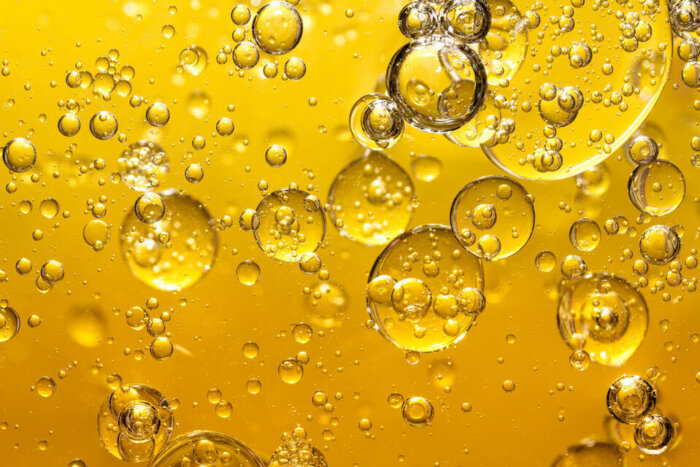Fluid care
Welcome to our category on fluid care, the heart of industrial and mobile hydraulic systems. In this section, we focus on the essential care and maintenance of hydraulic oils, which play a key role in the efficiency, performance and longevity of hydraulic systems.
Hydraulic oil is more than just a lubricant; it is a crucial factor that influences the precision and reliability of your machines. Our articles cover a wide range of topics: from selecting the right hydraulic oil to regular monitoring of oil quality and preventive maintenance strategies. You will learn how contaminants such as water, air and particles can affect hydraulic systems and how you can minimize downtime and maximize operational reliability through effective fluid care.
Whether you’re an industry professional or simply looking to expand your knowledge of hydraulic systems, our articles offer valuable insights and practical tips on how to best care for your hydraulic fluids. Dive into the world of fluid care with us and discover how you can improve the performance of your systems through targeted measures.
Oil purity according to ISO 4406 18/16/13…how do I achieve this? Manufacturers of hydraulic components usually require a cleanliness class according to ISO 4406 for the operation of their components. This information can usually be found on the product data sheets. If this is not the case, you should contact the manufacturer. Only if the…
Fluid Management – Sustainable maintenance of fluids Fluid management refers to the entirety of services relating to liquid working media. This includes analyzing (monitoring) and conditioning operating media, as well as recording and evaluating consumption. The term refers in particular to: Hydraulic oils from work machines Cooling lubricants (Source: WIKIPEDIA https://de.wikipedia.org/wiki/Fluidmanagement (09.01.23) Fluid management in…
Oil purity & sensors As already mentioned in various articles, oil cleanliness is very important for the service life of the system-relevant components and has a direct impact on the availability of the system/machine. Do you know how your oil is doing? Do you know the machine manufacturer’s requirements and how do you comply with…
Errors during commissioning and repair Employees filling a unit Errors often occur before the system is switched on for the first time, leading to disruptions and failures. When it comes to proportional and servo-hydraulic valve technology, the following rules of thumb help to avoid common pitfalls. Hydraulic systems with proportional or servo-hydraulic valve technology (continuous…
Why is the installed filtration on my machine not sufficient? Why should I also install a bypass filtration! A customer asked us this question and… it’s justified… We cannot give a general answer to this question because the causes of medium contamination are diverse and vary from application to application. Some clues: Contamination in the…
The determination of water, Karl Fischer titration (KFT) The Karl Fischer method is the quantitative determination of water by titration, hence also Karl Fischer titration or simply KFT. The method was developed in 1935 by the German chemist Karl Fischer at Lazăr Edeleanu GmbH and is also used to determine water in oils (source: Wikipedia).…
Water in the oil?! In addition to contamination of the oil by particles, water is another trigger for malfunctions and damage to system-relevant components in the oil circuit. Water can occur in oil in different states: dissolved water, free water and emulsions. The dissolved water is initially uncritical and is usually created through exchange with…
Why oil care is so important our article at www.fluid.de ISO 4406 is a standard, a system for coding the purity of a medium. Cleanliness classes can be determined and defined using this standard; many manufacturers of hydraulic components and systems use these cleanliness classes to ensure safe and long-term operation of the components and…
That’s why oil care is important… 70-80% of hydraulic failures are caused by contaminated oil! But what does that mean specifically? Oil is the most important component in hydraulic and lubricating oil systems; nothing works without oil! And with contaminated oil, things don’t work for long; downtimes are sometimes associated with very high costs! It…
Extend the service life of your hydraulic components! Defective radial piston and gear pump due to excessive contamination The cleaner the oil, the longer the system-relevant components last! Each hydraulic component has a minimum degree of cleanliness for the operating fluid according to the manufacturer’s specifications or other recommendations, usually according to ISO 4406:1999. If…


